Rural residents in Washington D.C. are attempting an unorthodox plan to save the last vestiges of their pastoral community. These residents view an encroaching suburban sprawl as a threat to their way of life and are suggesting a plan to quit paving the roads to stop suburbanites in their tracks.
These residents belong to Loudoun County, an area located just 25 miles west of Washington DC, which is considered part of the Washington Metropolitan Area.
Life in Loudoun County
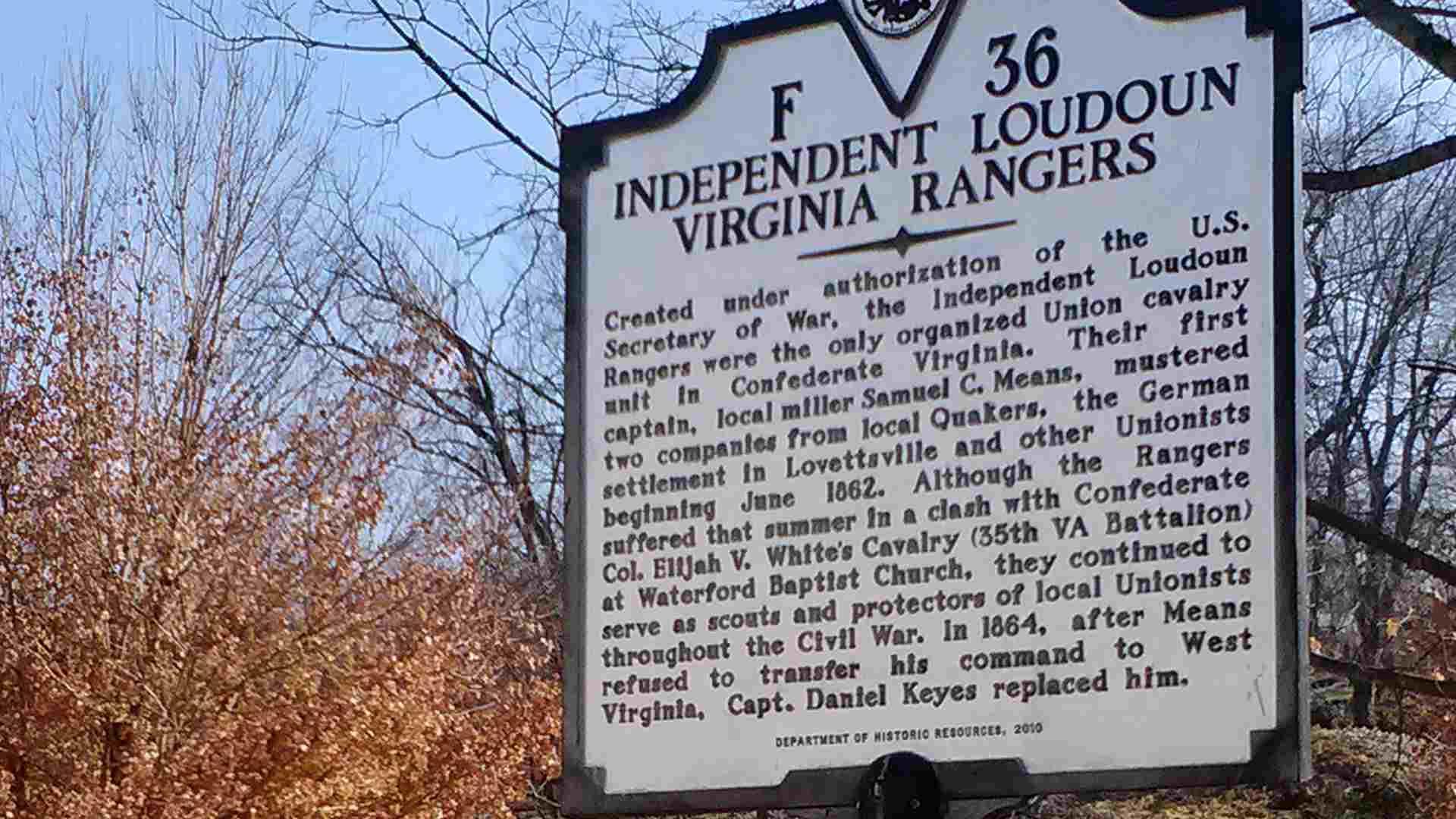
One traveling through Loudoun County may be struck by the beautiful weathered barns and rustic gravel roads, but evidence of creeping suburban life is part of the sight too. Suburban developments are encroaching on the countryside, bringing with them a major airport, a metro line, and chain restaurants like Chipotle.
This clash between urban luxury and rural beauty is not just in the scenery but felt by the residents of Loudoun as well.
The Plan for Gravel Roads in Loudou
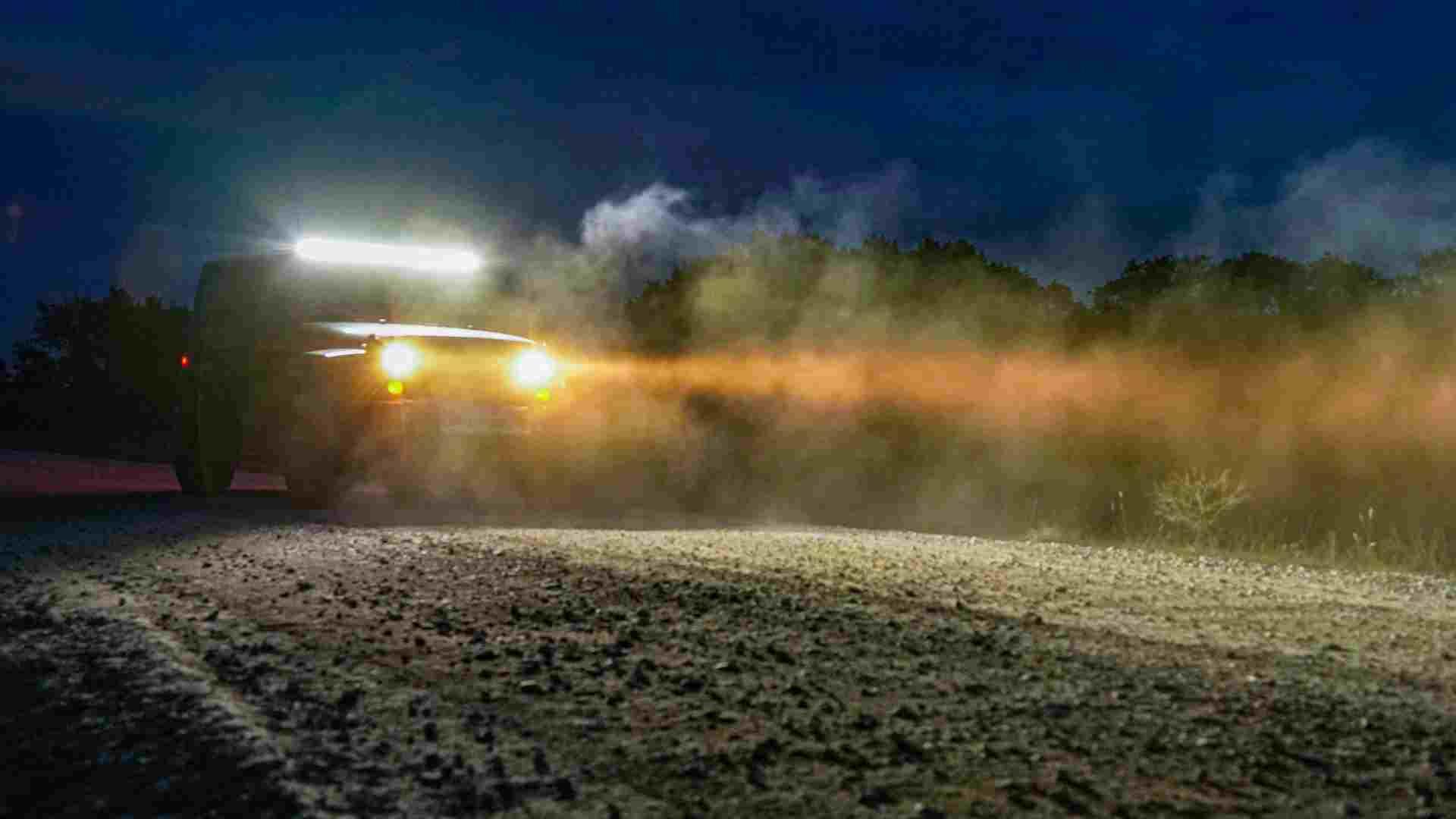
Loudoun is home to nearly 250 miles of gravel roads. These beautiful old roads make an excellent addition to its scenic views. To protect these roads from development, residents are considering voting on an initiative to put these roads on the National Register of Historic Places.
By having them officially registered as historic landmarks, it would stop many attempts to modernize them and the areas surrounding them.
Gravel Road Wars
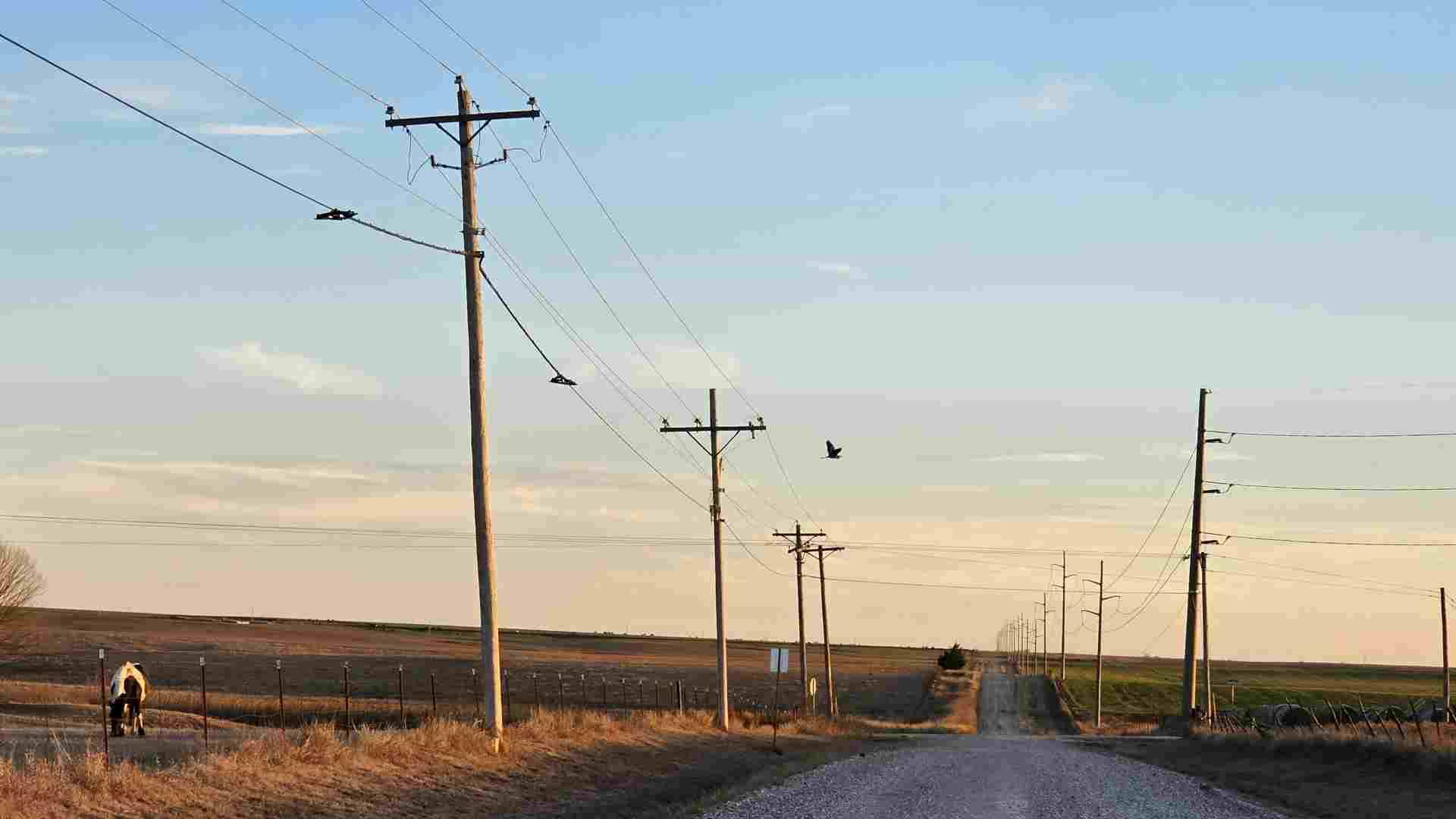
There are many residents with strong opinions on the issue, which has been very divisive. The county supervisor of Loudoun County, Caleb Kershner, has taken to calling the recent tensions between residents “road wars.”
“You have the old versus the new. “Some people want that way of life. Some people don’t. … It kind of pits neighborhoods against each other,” he said. (Via The Washington Post)
Supporters Just Want People to Slow Down

Residents supporting the gravel roads don’t see travel across them as a big deal. From their perspective, if people would just slow down, traveling across them wouldn’t be a problem.
This demand is symbolic of the cultural divide. People who support rural life cannot understand why other residents can’t just slow down and enjoy life without the need for modern conveniences.
Loudoun’s Future
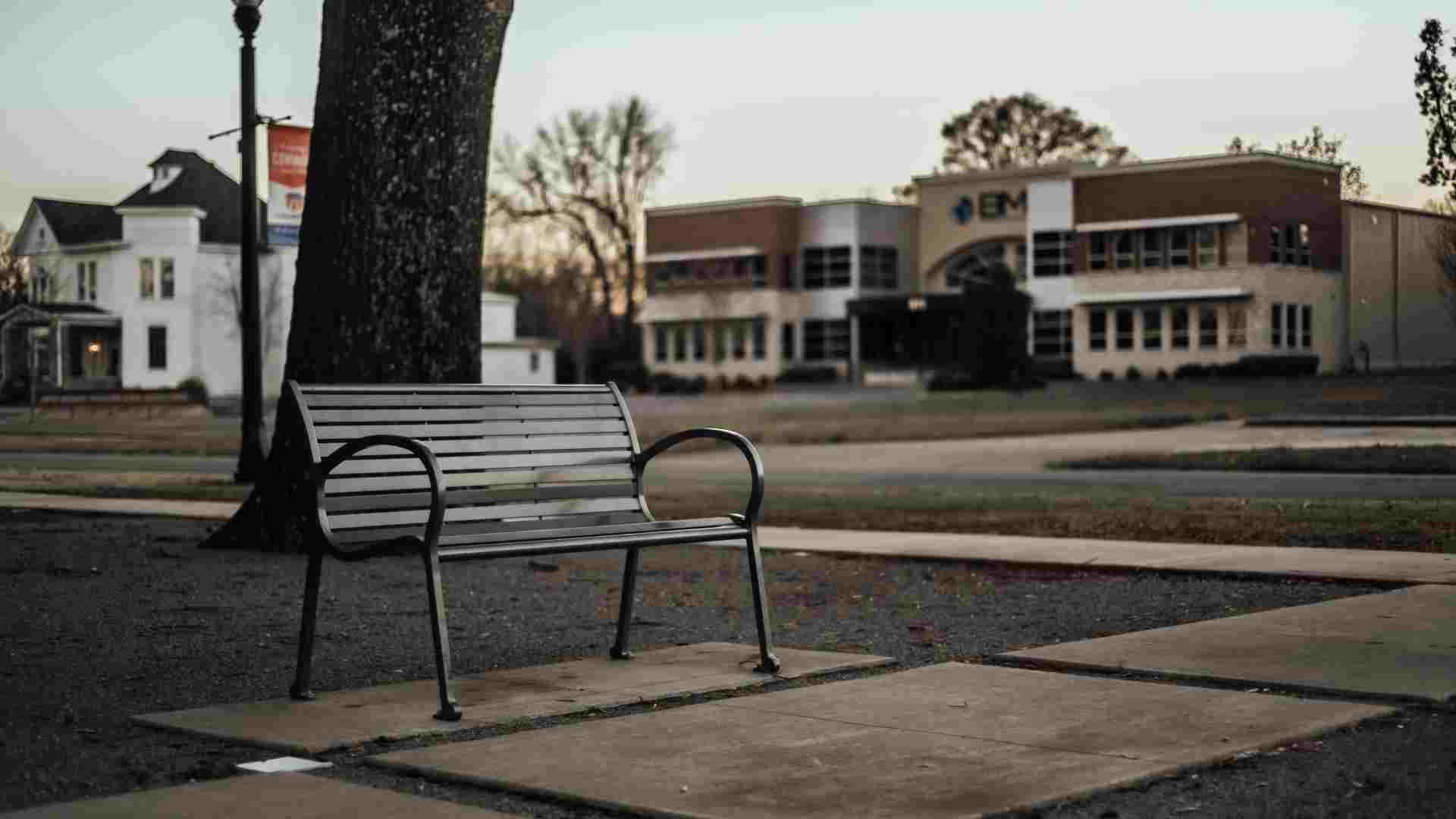
Opponents of the push to pave the rustic roads of rural Loudoun County are determined to prevent overcrowding of their neighborhood. One group fighting against modernization is Loudoun’s Future. Their president, John Lovegrove is determined to preserve the way things are.
“We want to keep it Loudoun County, we want to keep it beautiful. We have a way of life out here that we want to preserve. We don’t want to become supersized,” said Lovegrove. (via Fox 5)
The Roads Are in Bad Shape
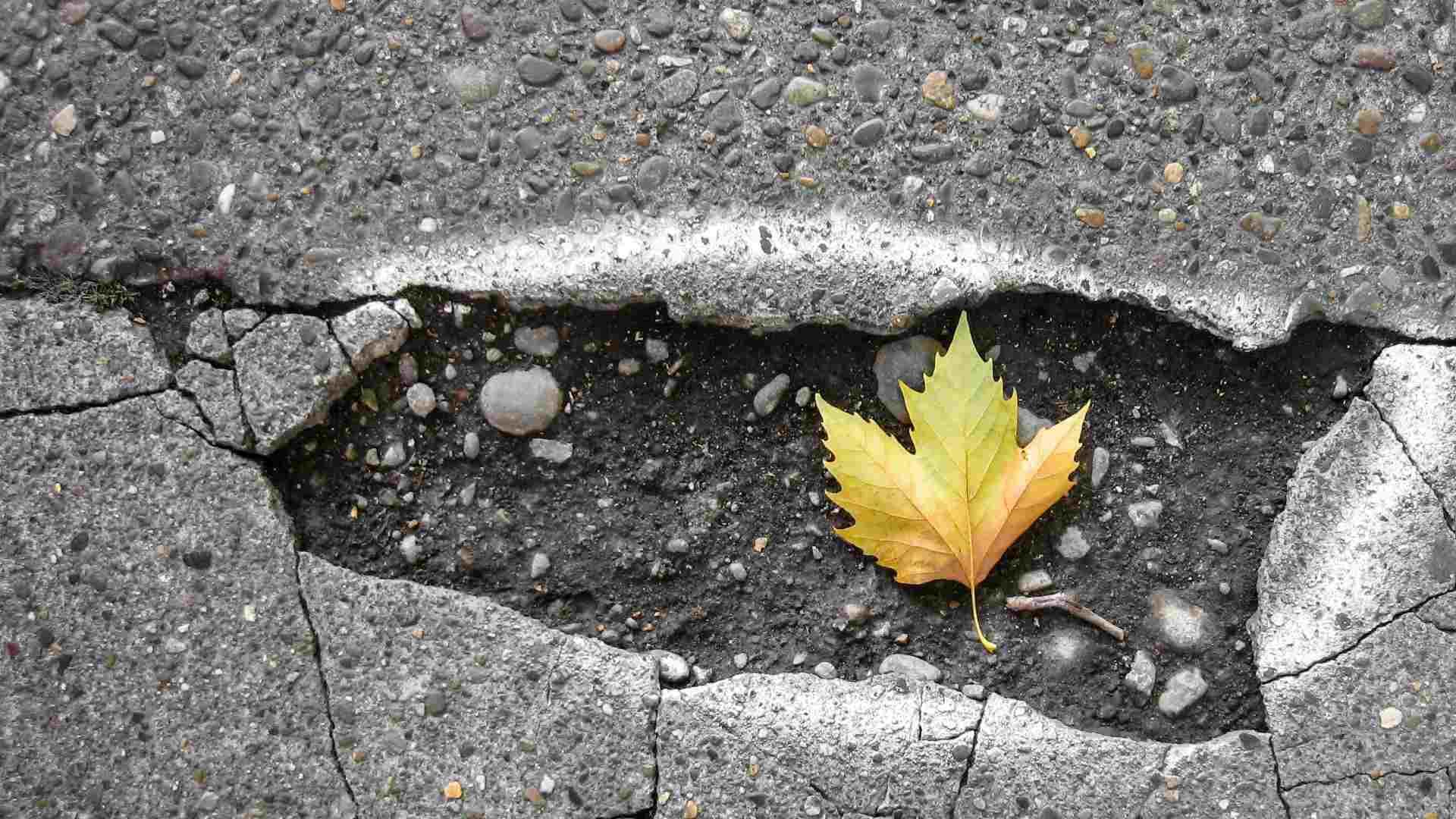
While Loudoun County’s gravel roads may be beautiful, their utility as actual roadways is mixed. Many stretches of road are covered with potholes and are exposed to the elements. Even if gravel-road supporters get their way, these roads still need to be fixed in some capacity to protect the safety of drivers on the road.
According to data from the Virginia Department of Motor Vehicles, road accidents in the state of Virginia recently reached a 15-year high in 2022.
Most of Loudoun’s Affected Landowning Residents Want the Road’s Paved
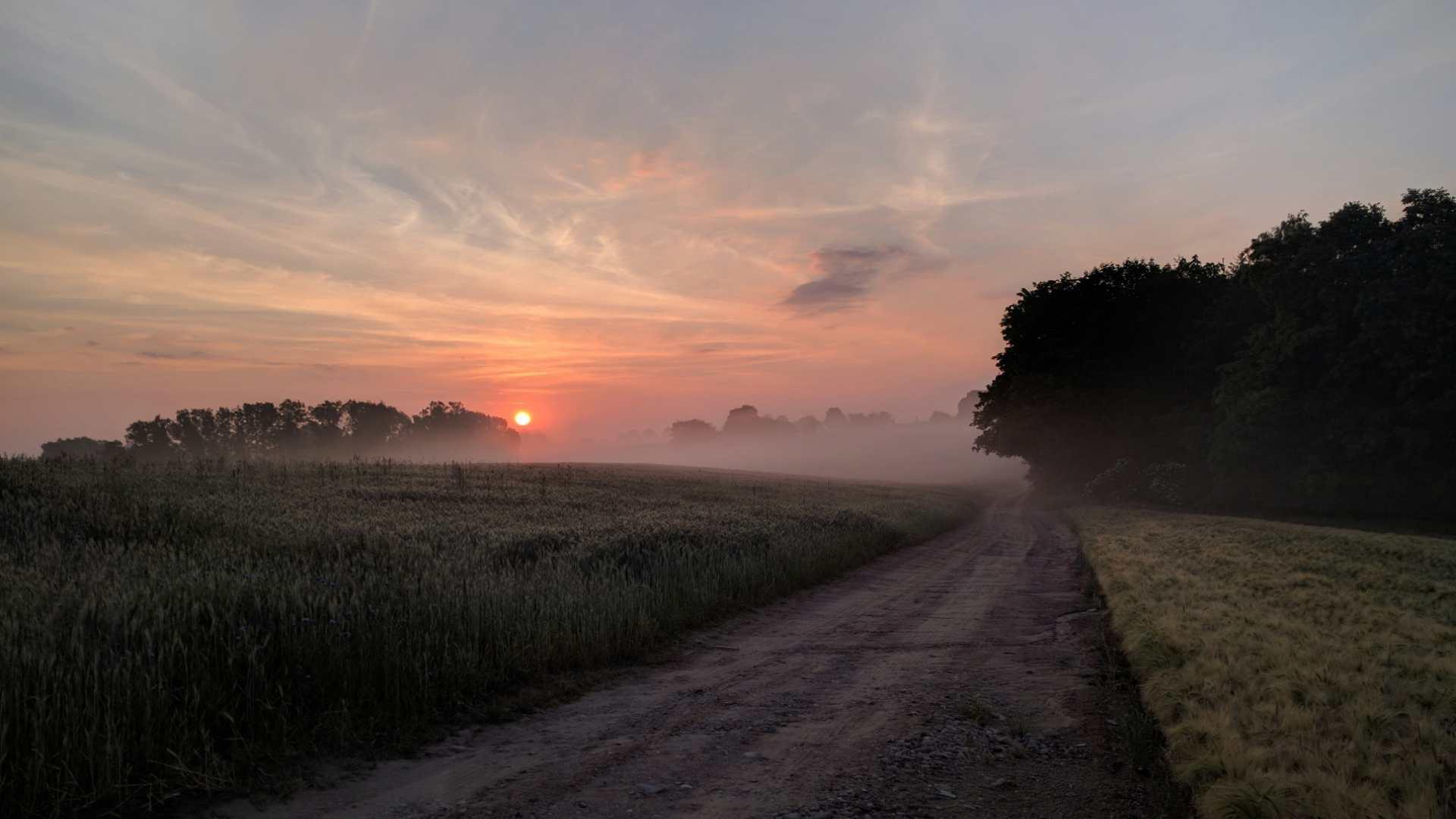
A survey conducted by the Loudoun County government found that the majority of landowners who actually live on these gravel roadways want them to be paved. (via Fox 5)
With these numbers, it seems unlikely that the plan to preserve these roads will get any major transaction with local residents. It’s easy to imagine if someone has to actually live on these roads instead of just looking at them that they would have this point of view.
It’s Too Late to Stop Modernization
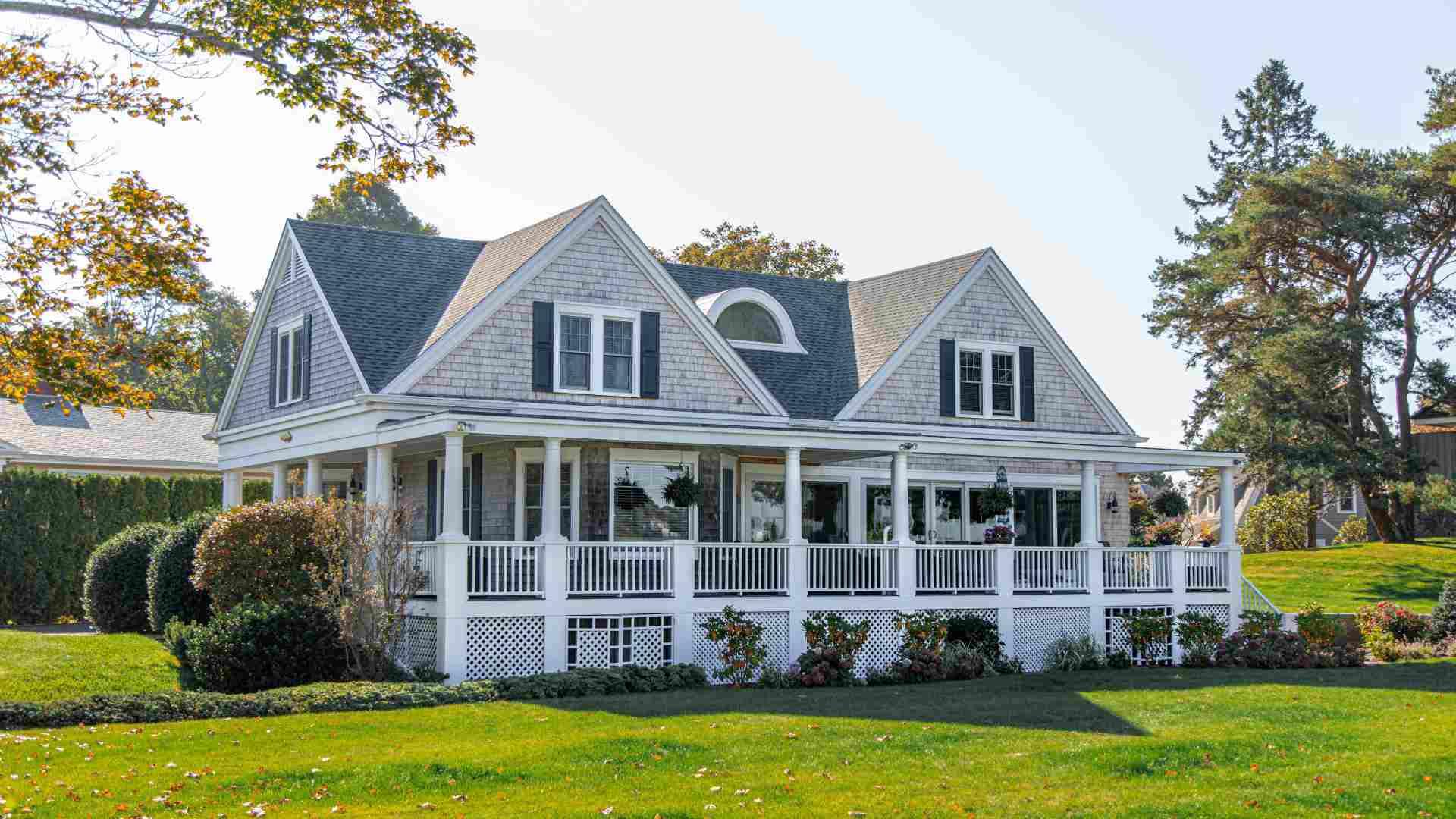
One resident, William Clark, described the contradiction of having unpaved roads in his area.
“The houses are new and modern, not log cabins. There are power lines, streetlights, electric house lights, satellite dishes, cell phone towers, and even mailboxes. The street signs are there whether the road is paved or not. The only thing not modernized is the road itself, and that makes no sense,” he said. (via Fox 5)
These Early Roads Have a Rich History
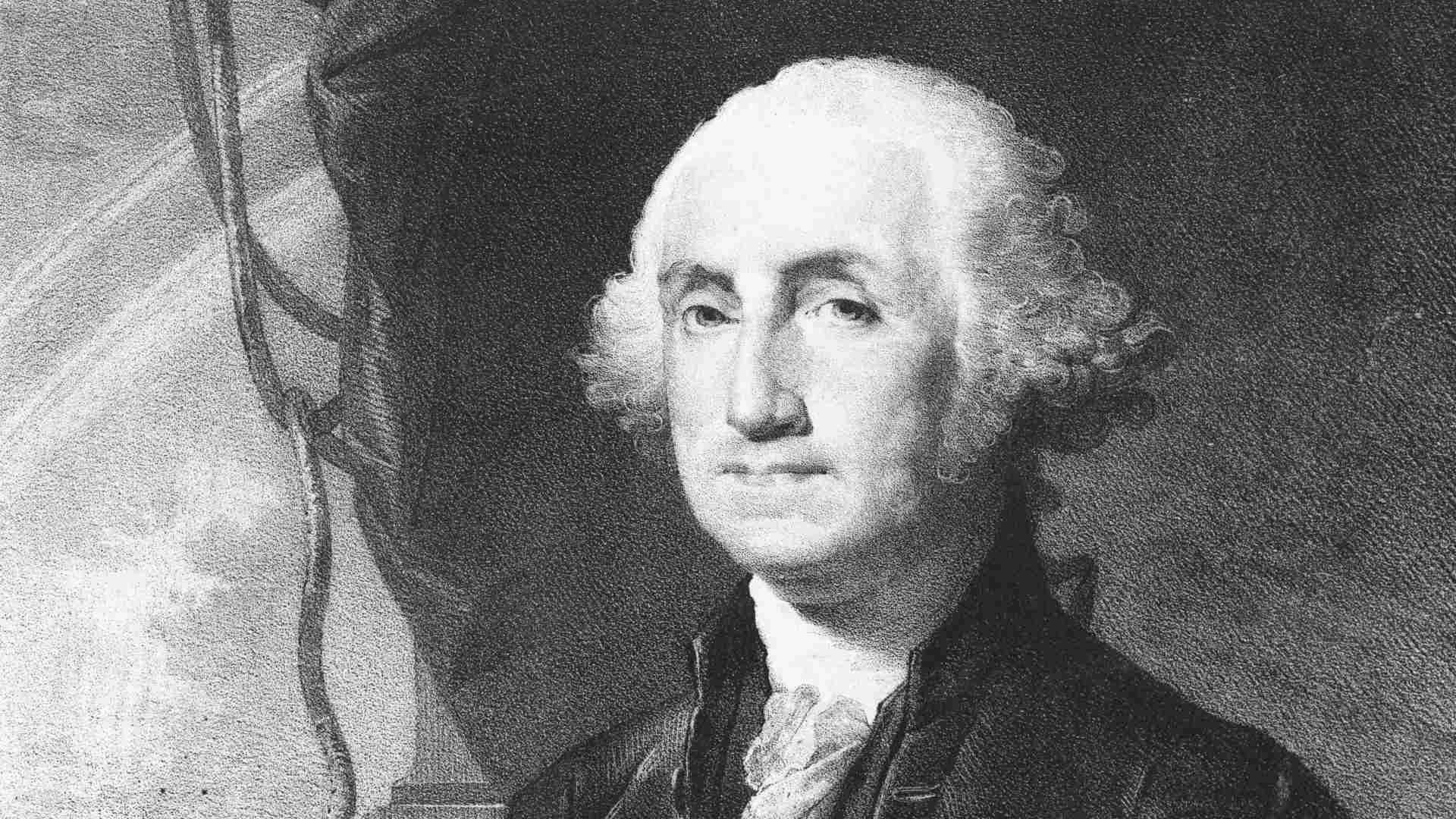
Some of these early roads are storied in early American history. Many of these gravel roads were built to follow Native American trails and were essential to historic living. Some of these roads were traveled by George Washington, who worked as a surveyor in his youth.
Other roads are sites of historic battles from the Civil War. It seems like a shame to pave over this history callously.
The Plan is Unlikely to Work

Putting the roads on The National Register of Historic Places is an uphill challenge. Typically spots on this registry are reserved for more contained things like the home of a historical figure or a statue. Putting hundreds of miles of roads on the registry is a big ask.
The plan also isn’t a permanent solution. Even if they are registered, the roads can still get paved, it’s just that registering them makes the process more complicated.
A Compromise Might be Possible

In an effort to find a happy medium between the two groups, the Virginia Department of Transportation tried to fortify some of the roads in recent years by placing a layer of concrete underneath them.
This effort allowed the rustic surface of the road to remain intact while making the road much safer for travelers. It remains to be seen how much of a compromise is able to be reached between residents of Loudoun County.
